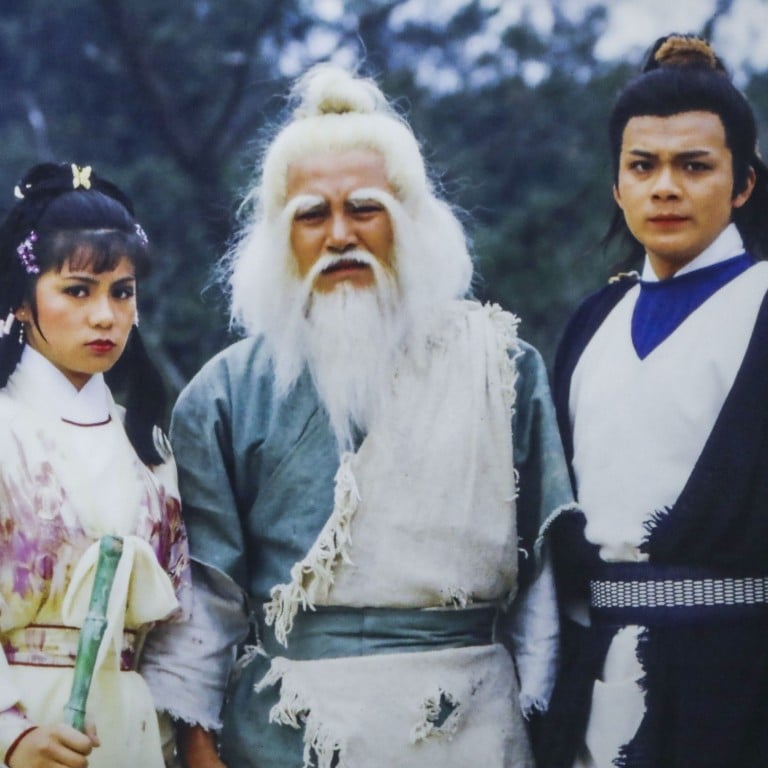
Letters | Dub TVB’s wuxia classics into English for the world
- Readers discuss the value of making English versions of television series based on novels by Jin Yong, the potential for collaboration between Western and Chinese medicine, and China’s tech advancement
These two series, starring Felix Wong Yat-wah and Barbara Yung Mei-ling as Guo Jing and Huang Rong, and Andy Lau Tak-wah and Idy Chan Yuk-lin as Yang Guo and Xiaolongnu respectively, have been much enjoyed by audiences. If these dramas were dubbed into English, it would be an important step for cultural heritage.
The English-dubbed series could also further popularise the classic story of Yang Guo and Xiaolongnu, which is filled with romance, adventure and heroism. This would help more people around the world understand and appreciate not only Chinese martial arts culture but Chinese culture.
TVB’s adaptations of The Legend of the Condor Heroes and The Return of the Condor Heroes are treasures of the Chinese entertainment industry. Their success stems from not only the excellent performances and well-crafted scripts but also the depth and richness of the original novels. English dubbing or subtitles would make them more accessible to a global audience, and in turn boost the prospects of other Chinese literature and television series reaching people around the world.
David Chan, Yau Ma Tei
Experience with Chinese medicine highlights its potential
Upon consulting two ophthalmologists, I received three suggestions for addressing the cyst in the white of my right eye: allowing it to naturally fade away over time; undergoing a minor operation to remove it, a potentially recurring procedure; or considering a comprehensive operation at the back of the eye. Interestingly, one of the ophthalmologists from a private hospital seemed more inclined towards the operation.
Fortuitously, not satisfied with the medical advice that I got, I decided to seek another opinion and consulted an experienced Chinese medicine doctor. He identified the condition as “follicular conjunctivitis” with the root cause attributed to “lung qi stagnation”. He then prescribed herbal eye drops and herbal medicine tailored to my condition.
Within a week of diligently following the Chinese medicine doctor’s recommendations, I witnessed a remarkable transformation. The cyst in my eye began to flatten, and the allergic symptoms associated with the eye gradually disappeared. After just a month, I had fully recovered. This outcome felt like a miracle, considering the non-invasive nature of the entire process and how the cyst had bothered me for more than six months.
My experience serves as a testament to the potential benefits of Chinese medicine and offers an area for collaboration between traditional Chinese and Western medicine. By embracing an inclusive approach, we can open new avenues for healing and provide patients with the best possible care.
Arthur Chan, Mid-Levels
Chinese scientists make country proud
Sara Chan, Kwai Chung

